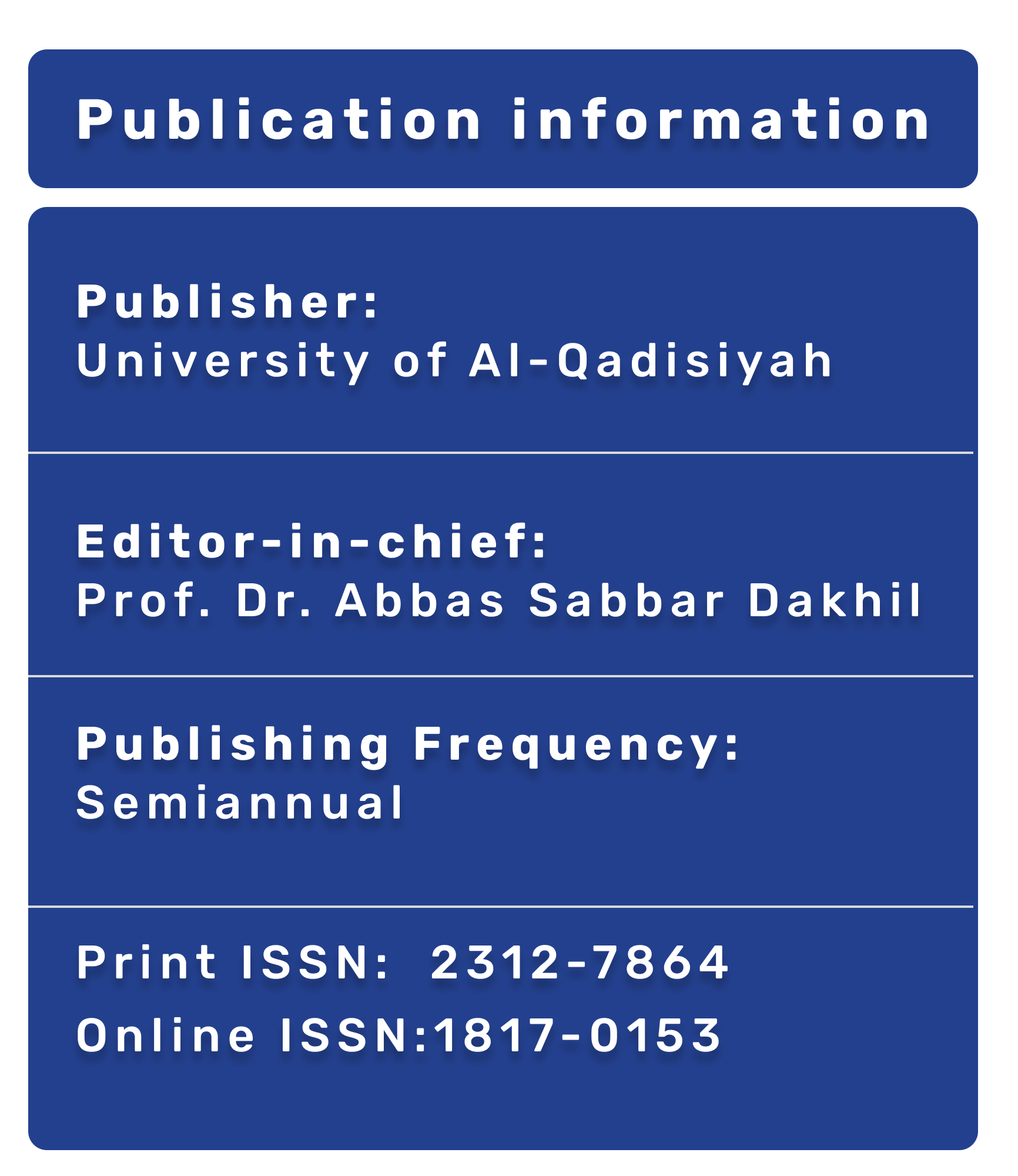Application of the Nasal Septal Cartilage graft For the correction of nasal deformity of unilateral cleft lip
DOI:
https://doi.org/10.28922/qmj.2018.14.26.6-16Abstract
Background:
An intranasal surgical approach is often taken in reconstruction of the tip as a part of the cleft rhinoplasty. A rim incision provide maximal exposure to the nasal tip and usually obviates the need for external incisions.
The asymmetrical nasal deformity of unilateral cleft lip can be resistant to correction. All the components of the nose are involved; the cover, support lining and platform. Pathological anatomy of unilateral cleft nose includes (1) deflection of the nasal tip toward the side of the cleft, (2) posterior and inferior displacement of the dome of the alar cartilage on the cleft side, (3) an abuse angle between the medial and the lateral crura of the alar cartilage, (4) obtuse alar facial attachment, and (5) inward buckling of the alar on the cleft side. The alar-collumella web is unsightly and is difficult to correct in both secondary and primary surgery. The purpose of this article to improve the appearance of the nose by the correction of the alar web deformity in patients with unilateral cleft lip nasal deformities by introducing our cartilage graft technique inside the web.
Methods:
The article include 15 patients with alar webbing had underwent cleft lip surgery between May 2002 to July 2015. Most of the patient’s age are ranged between 13-25 years at the time of the surgery. The incision was an open rhinoplasty that including a reverse U shape incision. After that the cleft side was equalized with the dome angle of the healthy side, we use a nasal septal cartilage graft as a stiffy pattern to fix and stabilize the deformed converted web skin. The septal cartilage graft fixed to the cleft side web skin’s inner with (3-4) sutures to maintain the tackling of the vestibular skin.
The Results:
Many views basal and frontal are included postoperatively that have been showed, that the nostril and collummella had better shape. Our results showed that most patients demonstrated correction of the dropping alar and nasal tip and correction of the symmetry of the nostrils. The web cartilage graft was fixed to the deformed cleft side web skin’s inner with 3-4 sutures to prevent the tackling of the vestibular skin. Most of the patients have been followed up for a period ranged fro, 1-15 months.








